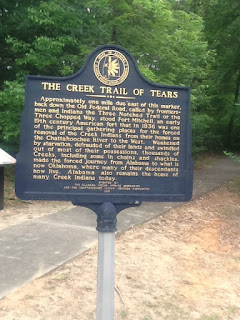
As perspectives are broadened, questions arise. It as though a bright light bulb has been switched on in a dank cellar providing a stark view in direct conflict with the ideals the nation espouses. What is seen is the oppressive legacy of 400 years of white supremacy and its perpetuation in real time.
The arts are one way in which "heroes" are created and celebrated to shape the stories we know. The removal of statues and other artwork honoring men who contributed to the enshrinement of white supremacy has raised concerns of many as if it is a personal loss. This myopic view is an invitation to neglect seeing the breadth and depth of history. Most art and statues in public spaces, from governmental buildings to schools to worship spaces, reflect the delusional grandeur and superiority of those who journeyed here from Europe and their descendants.
Last night, the statue of Andrew Jackson as an equestrian at Lafayette Square in Washington, DC was targeted. How can anyone look upon it and not remember men on horseback forcibly removing members of the First Nations from their ancestral homelands? Tens of thousands men, women, and children in nine states walked the traumatic Trail of Tears with many dying along the way.
It was only in the past decade that I learned the Creek Trail of Tears began less than 100 miles from my home. Someone considered this to be too insignificant to be taught in school. The Trail of Tears epitomizes white supremacy as it reflects the worst of our humanity. We must speak the truth of our history, but first we must learn the history of the margins or the lies will kill us all.

Comments
Post a Comment
Thank you for reading Leslye's Labyrinth. I welcome your comments.